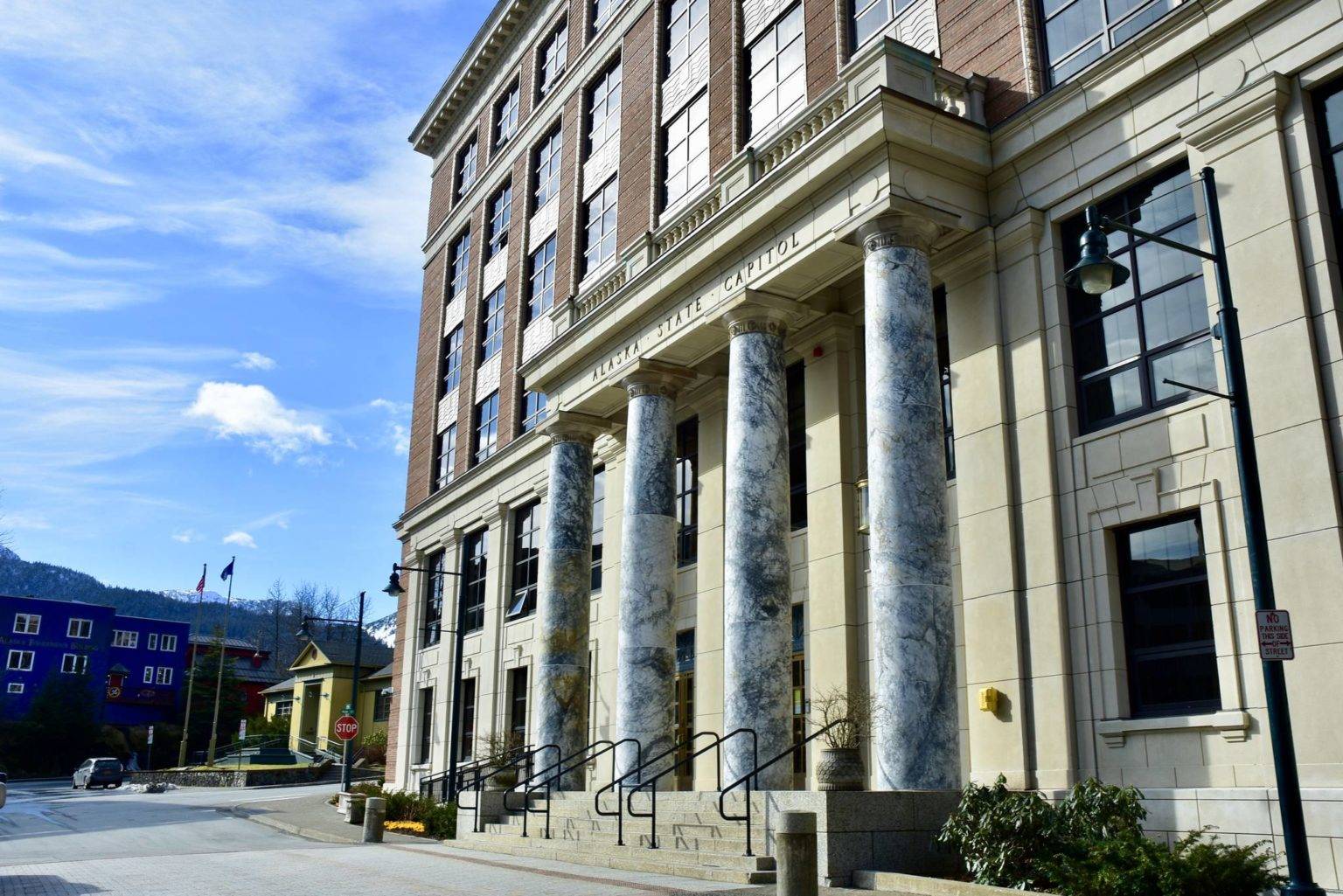A debate on the best way to allocate more than $1.5 billion in mostly federal relief funding stretched into the evening Monday, and by the end of the business day lawmakers were still hashing it out.
More than $60 million was approved early in the meeting, but the bulk of the appropriations, including cash payments for municipalities remained under debate at the time the Empire went to print.
In a meeting attended by lawmakers both in-person and online, Legislative Budget and Audit Committee members questioned representatives from the Legislative Finance Division, the Office of Management and Budget and other state departments about how allocation amounts were determined and how they could be used.
The meeting had already been rescheduled from last week, and was postponed Monday from 1 p.m. to 3 p.m. and finally to 4 p.m. as some lawmakers maintain the governor’s method for allocating federal Cares Act money is illegal in some cases. Gov. Mike Dunleavy proposed allocating more than $1.25 billion in federal relief money, 45% of which was reserved for local governments, through the revised program legislative requests, or RPL, process.
But RPLs can’t put federal money into programs that don’t already have federal money, and some lawmakers said. Furthermore, using federal dollars on programs that don’t already have federal receipt authority would be illegal, said Rep. Chris Tuck, D-Anchorage, who co-chairs the committee.
“You can’t just RPL and get federal money into a program that didn’t have federal money in it first,” Tuck previously told the Empire.
RPLs could be used in some areas, Tuck said, but there were critical areas where the federal money couldn’t be used and could only receive money through action by the Legislature. Community assistance, small business relief and fisheries were three examples of critical areas that needed money but couldn’t get it through RPL, according to Tuck and some lawmakers.
At question is more than $958 million for community assistance, small business relief, economic stimulus for Alaska fisheries and direct payments to communities, according to committee documents. But that money couldn’t be allocated through RPLs, Director of Legislative Finance Pat Pitney told the committee.
“We are outside the RPL authority,” Pitney said of the RPL for community assistance. “The RPL authority envisions adding to an existing program, this is creating a program.”
Pitney and Legislative Affairs Agency Division of Legal and Research Services Director Megan Wallace warned lawmakers those particular RPLs made the state vulnerable to lawsuits that could tie the funds up in court.
But opponents emphasized the importance of getting the money out as soon as possible, regardless of where and how it can be spent.
“There might be a lot of technical and bureaucratic reasons for not moving forward,” said Sen. Bert Stedman, R-Sitka. “We need to take action and deal with this.”
Proponents of using the RPL process repeatedly point to economic damage caused by the lockdown and say citizens are in immediate need of cash.
“We’ve eaten up at least 10 days,” said Sen. Lyman Hoffman, D-Bethel. “The larger communities in the United States have got their money and they’re spending it, that I think, is an injustice.”

